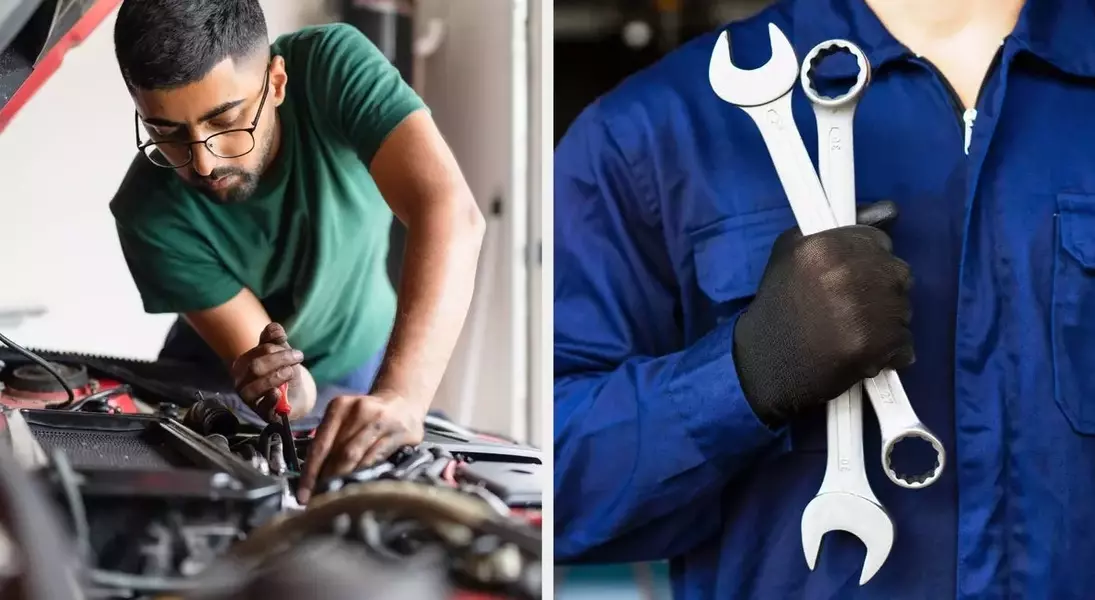Mastering the Art of Car Maintenance: A Comprehensive Guide for Savvy Drivers
Owning a car is a significant investment, and maintaining it properly is crucial to ensure its longevity and optimal performance. From routine oil changes to more complex repairs, car owners must be equipped with the knowledge and skills to tackle a wide range of maintenance tasks. In this comprehensive guide, we'll explore the essential maintenance tasks every car owner should master to keep their vehicle running smoothly for years to come.Unlock the Secrets to Effortless Car Maintenance
Staying on Top of Routine Oil Changes
Regular oil changes are the cornerstone of car maintenance, ensuring the engine's vital components are well-lubricated and protected from wear and tear. Neglecting this task can lead to costly repairs down the line. As a car owner, it's crucial to familiarize yourself with your vehicle's recommended oil change interval, which can vary depending on the make, model, and driving conditions. By staying on top of this routine task, you can extend the life of your engine and maintain optimal performance.Changing the oil yourself can be a cost-effective and satisfying DIY project, but it's essential to follow the manufacturer's guidelines and use the recommended oil type and quantity. Alternatively, you can opt for professional oil change services, which often include a comprehensive inspection and other essential maintenance checks.Mastering Tire Rotation and Replacement
Tires are the foundation of your vehicle, and proper tire maintenance is crucial for safety, fuel efficiency, and overall performance. Regularly rotating your tires, typically every 5,000 to 8,000 miles, can help ensure even wear and extend their lifespan. This simple task can be done at home or by a professional, and it's a great way to keep your tires in top condition.In addition to rotation, it's essential to monitor your tires' tread depth and replace them when necessary. Worn-out tires can compromise your vehicle's handling and braking, putting you and your passengers at risk. By staying vigilant and replacing tires when they reach the recommended tread depth, you can maintain optimal traction and safety on the road.Keeping Your Brakes in Tip-Top Shape
Your vehicle's braking system is one of the most critical safety features, and it's essential to keep it well-maintained. Regular brake inspections and timely replacements of worn-out components, such as brake pads and rotors, can help ensure your brakes are functioning at their best.As a car owner, it's important to be aware of the signs of brake wear, such as squeaking or grinding noises, reduced braking performance, or the need to press the pedal further to stop the car. Addressing these issues promptly can prevent more serious and costly problems down the line.Maintaining Fluid Levels and Changing Fluids
Your car's various fluids, such as engine oil, transmission fluid, brake fluid, and coolant, play a crucial role in its overall performance and longevity. Regularly checking and maintaining these fluid levels is essential to ensure your vehicle is running at its best.In addition to monitoring fluid levels, it's important to follow the manufacturer's recommended schedule for fluid changes. This includes replacing engine oil, transmission fluid, and coolant at the appropriate intervals. Neglecting these fluid changes can lead to premature wear and tear on your vehicle's components, ultimately resulting in more expensive repairs.Inspecting and Replacing Filters
Your car's filters, including the air filter, fuel filter, and cabin air filter, play a vital role in keeping your vehicle running smoothly. These filters help remove contaminants and impurities, ensuring your engine, fuel system, and cabin air quality are maintained at optimal levels.Regularly inspecting and replacing these filters according to the manufacturer's recommendations can improve your vehicle's performance, fuel efficiency, and overall air quality. Neglecting filter maintenance can lead to reduced engine power, decreased fuel economy, and even more serious issues down the line.Addressing Battery and Electrical System Maintenance
The battery and electrical system are the heart of your vehicle, powering everything from the engine to the lights and accessories. Proper maintenance of these components is crucial to ensure your car starts reliably and functions as intended.Regularly checking the battery's charge level and condition, as well as the connections and terminals, can help identify potential issues before they become more serious. Additionally, addressing any electrical system problems, such as faulty wiring or malfunctioning components, can prevent more extensive and costly repairs.Staying on Top of Scheduled Maintenance
Your vehicle's manufacturer provides a recommended maintenance schedule for a reason – it's designed to keep your car running at its best and prevent costly breakdowns. From tune-ups and belt replacements to more complex services, adhering to this schedule is essential for maintaining your car's performance and longevity.By staying on top of scheduled maintenance, you can ensure your vehicle is operating at peak efficiency, reduce the risk of unexpected breakdowns, and potentially extend its lifespan. Neglecting these scheduled services can lead to more serious and expensive issues down the road.

